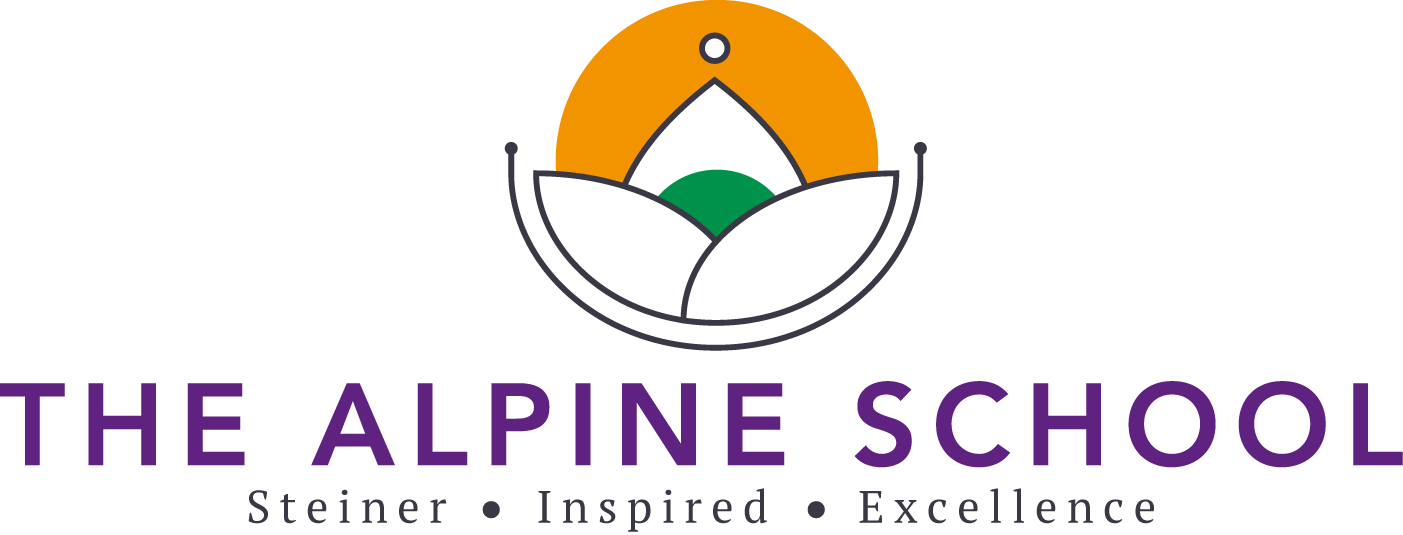Key Features of Steiner Education
Steiner Education:
Welcomes all children irrespective of academic ability, class, ethnicity or religion
Is based on an understanding of the relevance of the different phases of child development to optimal learning
Recognises that every child is unique and that a ‘one-size-fits-all’ approach to education and learning is not optimal
Develops a love of learning and an enthusiasm for school
Sees artistic activity and the development of the imagination as integral to learning and reaching full potential
Is tried and tested and is part of state funded, mainstream education in many countries
Prioritises play-based learning in early childhood over formal academic instruction until developmentally ready
Takes into account the needs of the whole child – academic, physical, emotional and spiritual
Delivers an integrated curriculum where all subjects are interlinked using real-life examples to improve learning outcomes
Steiner education is recognised as a highly valued approach to helping young people develop flexible and agile thinking alongside an ability to collaborate and thrive in a 21st century world. The Gonski 2.0 Report highlighted the need for education in the 21st century to emphasise critical and creative thinking, social skills and problem solving – these are the hallmarks of a Steiner education.
It is respected worldwide for its ability to produce very able young people who have a strong sense of self as well as diverse capacities that enable them to become socially and economically responsible citizens.
The United Nations Educational, Scientific and Cultural Organization (UNESCO) recognises Steiner education as providing a strong humanitarian and non-discriminatory approach that crosses cultural divides.
The Curriculum
The curriculum is delivered primarily through a sequence of ‘Main Lessons’ which are based on a theme that is studied daily for 90-120 minutes across a 3-week period. The time frame allows for immersion and deep learning - students make strong connections between new concepts with previous understanding.
Within each Main Lesson there is a balance between academic content, artistic and practical activities all based around the central theme; other subject lessons also aim to link with the Main lesson theme.
We have an artistic approach to learning overall as well as a strong focus on the creative and performing arts as a core element of curriculum at all ages.
See the separate Kindergarten, Primary and High School pages for further information.



